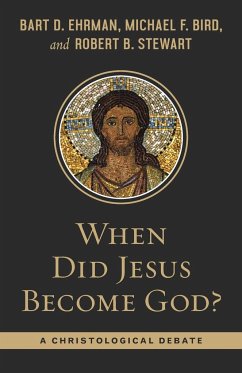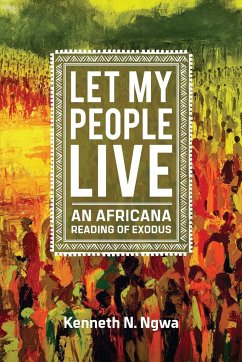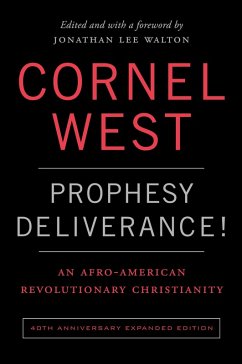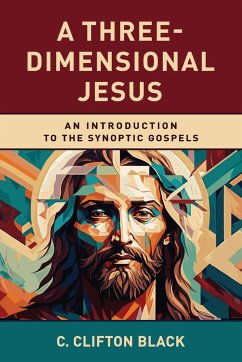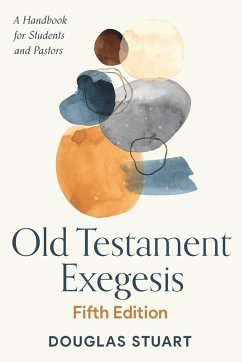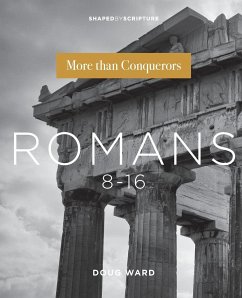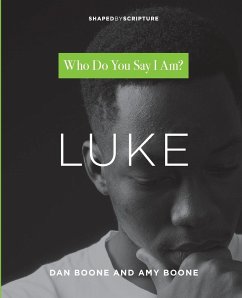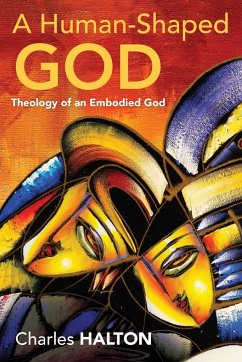
A Human-Shaped God

PAYBACK Punkte
18 °P sammeln!
A Human-Shaped God approaches the humanlike accounts of God in the Old Testament as the starting places for theology and uses them to build a picture of the divine. This understanding of God is then brought into conversation with traditional conceptions that depict God as a being who knows everything that happens, is at every place at the same time, is constant and unchanging, and does not ultimately have material form. But instead of pitting the Old Testament's humanlike view of God against traditional theology and assuming that only one of these understandings is correct, A Human-Shaped God ...
A Human-Shaped God approaches the humanlike accounts of God in the Old Testament as the starting places for theology and uses them to build a picture of the divine. This understanding of God is then brought into conversation with traditional conceptions that depict God as a being who knows everything that happens, is at every place at the same time, is constant and unchanging, and does not ultimately have material form. But instead of pitting the Old Testament's humanlike view of God against traditional theology and assuming that only one of these understandings is correct, A Human-Shaped God posits that theologians should embrace both of these constructions simultaneously. ¿This is a new way of theological inquiry that embraces both the humanlike characteristics of God and the transcendence of God in traditional theology. By seeing and understanding the humanlike depictions of God in the Old Testament and by using the rich language of traditional theology together in tandem, the reader acquires a much deeper and meaningful understanding of God.




